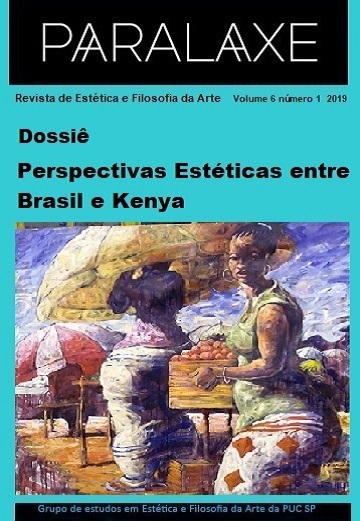Vilém Flusser's Media Theory Between History and Geography
Palavras-chave:
past-history, phenomenology of the Brazilian, techno-images, apparatuses, functionariesResumo
The Czech-Brazilian thinker Vilém Flusser became worldwide known in the eighties for his Philosophy of Photography and thereafter for his more general philosophy of media, as displayed in his books Post-History and Into the Universe of Techno-images, among others. Still in the beginning of the nineties he foresaw many of technical resources and devices quite usual today, such as digital networks and social media. The philosophical background of Flusser's media theory is his approach on what he called "post-history", i.e., his description of contemporary society, depicting and world dominated by apparatuses, operated by post-human beings termed functionaries, which among other things produce technical images that rules over our daily routine in shape of pictures, movies, tele-vision, digital images etc. What is less known is that Flusser's theory on post-history can be understood in many ways as a consequence of his over thirty years stay in Brazil, where he developed also some fascinating thoughts on the behavior of its naturals, based on one hand in a supposed lack of historical consciousness in their fundamental attitude facing life and the future. This attitude implies, on the other hand, an willingness to play games and a kind of creativity which express themselves not only in the arts but also in news forms of sociability.
Downloads
Publicado
Como Citar
Edição
Seção
Licença
Cedo à revista Paralaxe os direitos autorais de publicação de meu artigo e consultarei o editor científico da revista caso queira republicá-lo depois em livro.


